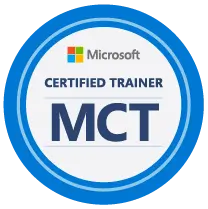Category Archives: Microsoft

AKS Introduces Node Autoprovision Feature in Public Preview
Azure Kubernetes Service (AKS) has introduced Node autoprovision (NAP) in public preview. This feature automatically provisions the appropriate virtual machines (VMs) based on the required resources, eliminating the need for manual node pool configuration. NAP also offers workload consolidation, optimizing workload placement on VMs of the right size to reduce application costs. To learn more,…

GA: Azure Function Trigger for Azure SQL | Azure Updates
Azure SQL trigger for Azure Functions is now generally available. This feature allows users to build application logic in Azure function apps using data from Azure SQL database. It enables the development and scaling of event-driven applications using Azure Functions. The trigger is compatible with various SQL databases and can be developed with all supported…

Public Preview: Enhanced AKS cost analysis for standard and premium clusters | Azure updates
The content states that users can now access detailed information about Kubernetes costs in the Azure portal. By enabling the AKS cost analysis add-on for their clusters, users can view the total costs of all clusters in a subscription as well as the costs of individual namespaces. The add-on is based on the OpenCost project…

Encryption now available: Customer-managed keys in Azure Health Data Services
This content explains that data stored in Azure Health Data Services is automatically encrypted by Microsoft. However, users can now enable data encryption with their own customer-managed keys (CMK) for FHIR® and DICOM® services. This allows organizations to have more control and flexibility in managing access controls. Using customer-managed encryption, organizations can bring their own…

AKS support for 5K Node limit now available for Standard-tier clusters
The content states that AKS (Azure Kubernetes Service) now supports cluster scale beyond the previous 1000 node limit in the Standard tier. Users can now scale their clusters up to a maximum of 5000 nodes without any need for limit increases or special enablement. This update allows both existing and new AKS clusters to have…


